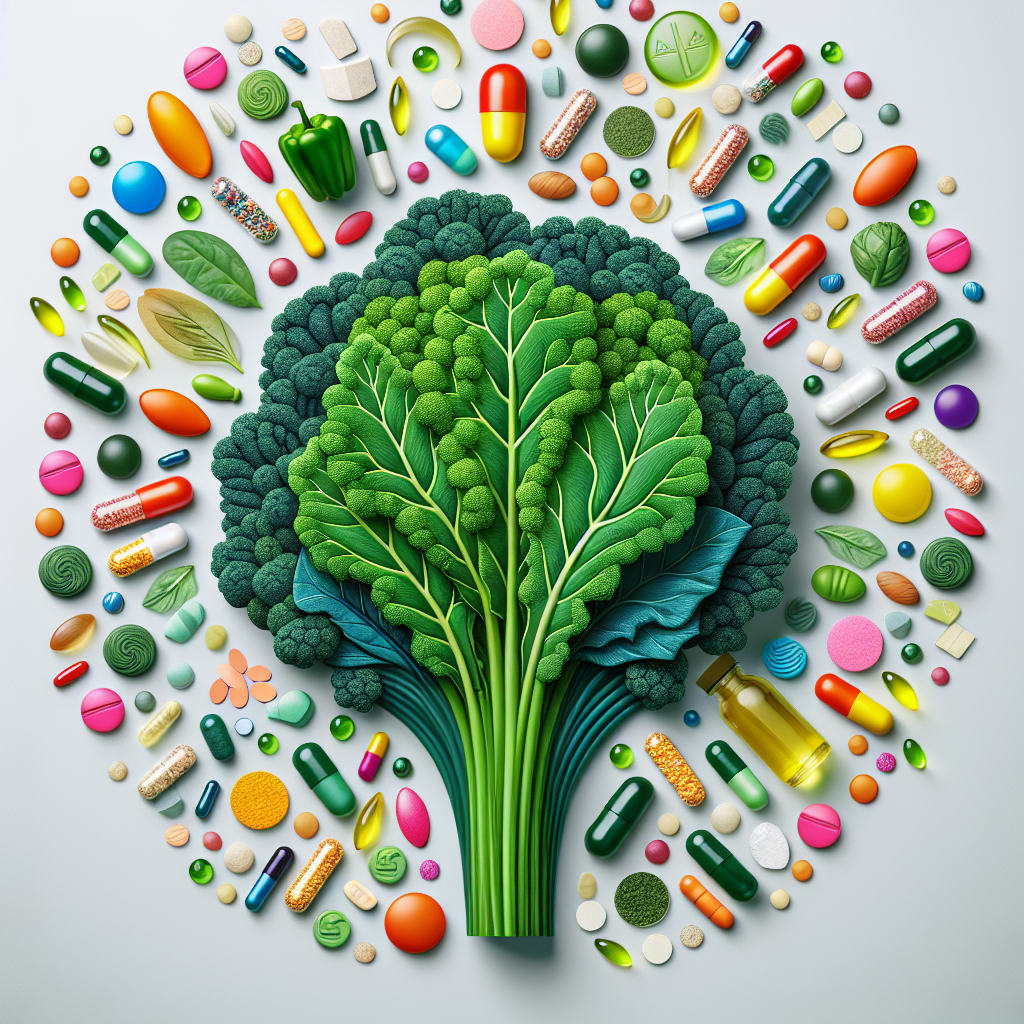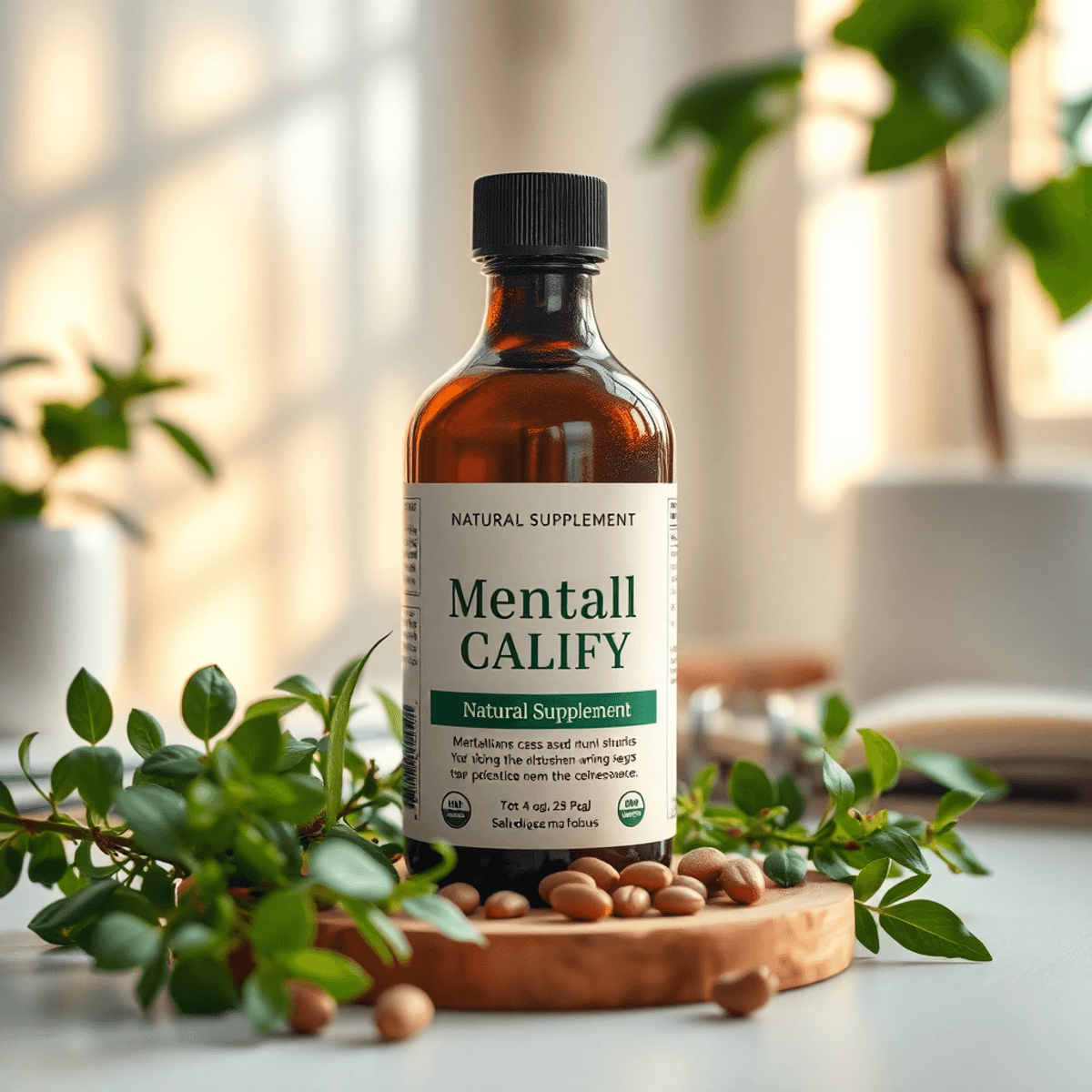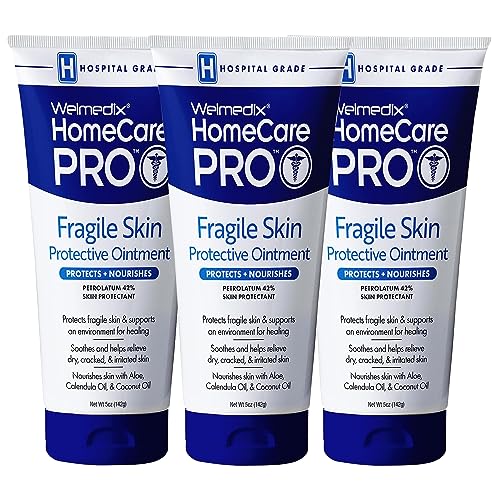The human immune system is a marvel, providing a complex and multifaceted defense system. It works round the clock to protect our bodies from harmful invaders like bacteria, viruses, and parasites. A strong immune system wards off infections and promotes overall health. Though a balanced diet, regular exercise, and proper rest form the foundation for robust immunity, augmenting this with immune-boosting nutritional supplements can be beneficial.
### Vitamin C – The Immunity Superstar
Often associated with boosting immunity, Vitamin C tops the list of nutritional supplements. It is instrumental in the growth, development and repair of all body tissues. Vitamin C supports the production of white blood cells known as lymphocytes and phagocytes that protect the body from infection. It also functions as a powerful antioxidant, shielding the immune cells from harmful free radicals.
Excellent sources of Vitamin C include citrus fruits, bell peppers, strawberries, and tomatoes. While it is better to consume Vitamin C through food, supplements can be taken when dietary intake is insufficient or during illness.
### Vitamin D – The Sun’s Gift
Vitamin D, known as sunshine vitamin, is another leading supplement for immune health. It triggers the body’s own defenses to combat infections and diseases by activating T-cells. Studies reveal that Vitamin D deficiency might lead to increased susceptibility to infections such as influenza and autoimmune diseases.
Your body synthesizes Vitamin D when skin is exposed to sunlight. Foods like fatty fish, beef liver, and egg yolks also provide this vitamin. Those with limited sun exposure or dietary intake might require Vitamin D supplements.
### Zinc – The Healing Mineral
Zinc is a trace mineral essential for the cells of our immune system. It assists in the process of cell division, cell growth and the healing of injured tissues or wounds. The human body does not store zinc, so a regular supply through diet or supplements is essential.
Zinc-rich foods include meat, shellfish, legumes, and seeds. If you are vegetarian, pregnant, or breastfeeding, you might need to consider zinc supplementation as plant sources are less bioavailable.
### Probiotics – The Friendly Bacteria
Probiotics are “good” bacteria that promote gut health, where approximately 70% of our immune system resides. Different strains of probiotics aid the immune system, helping to regulate its function and maintain a balanced microbial population in your intestines.
Yogurt, kefir, sauerkraut, and other fermented foods are rich in probiotics. Certain individuals, such as those with digestive disorders, might require a dietary supplement for an extra boost.
### Elderberry – The Antiviral Fruit
Elderberry is a small fruit packed with antioxidants and vitamins that boost your immune system. It’s been shown to improve cold and flu symptoms, thanks to its antiviral properties. Elderberry comes in various forms, including syrups, gummies, lozenges, pills, and teas.
Before incorporating any supplement into your diet, reputation and safety should be your top concerns. It’s essential to speak with your healthcare provider or a registered dietitian to understand the dosages and the quality of the supplements.
Also, remember, supplements should not replace a balanced diet. Include a variety of fruits, vegetables, lean proteins, and whole grains in your diet to meet your nutritional needs. Pair this with regular exercise, adequate sleep, and hydration to provide your body with comprehensive protection.
Remember, everyone’s immune system is different, and what works for one person may not work for another. The best approach involves personalized advice from a healthcare provider, not universal solutions. Consistency is key – maintaining a healthy lifestyle will enhance your immune function over time. By adding the right nutritional supplements to your routine, you can provide your immune system with an extra line of defense.
Discover more from NatureZen Market
Subscribe to get the latest posts sent to your email.











